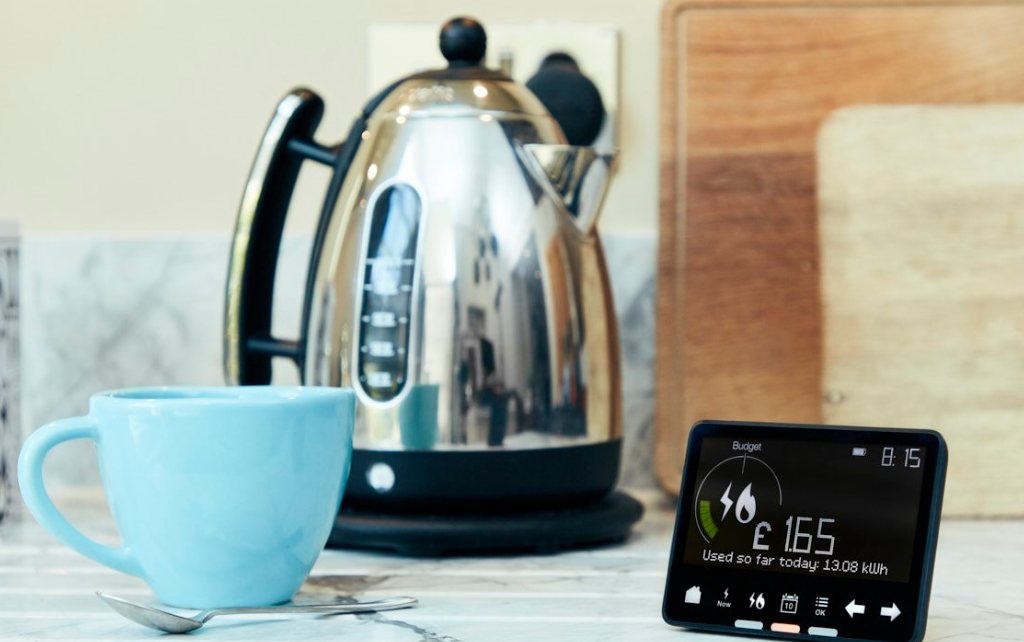
An ad for the smart meter roll-out has been banned for making the “misleading” suggestion that households could save energy simply by having one of the devices installed.
The radio ad for Smart Energy GB suggested that the installation of a smart meter would in itself result in a drop in a household’s energy usage, rather than making clear that any savings required users to change their behaviour in order to cut their consumption, the Advertising Standards Authority (ASA) ruled.
The ad, heard in July, said: “Crikey, we use so much energy everyday it is exhausting. And expensive. But with a smart meter you get an expected average saving of 354 kilowatt hours,” before further text ended with the line: “Savings possible by measuring energy usage and reducing wastage.”
Fourteen listeners complained that the ad’s claim that consumers with a smart meter could save an average of 354 kilowatt hours per year was misleading.
Smart Energy GB provided two reports from the Department for Business, Energy and Industrial Strategy (BEIS) that were its basis for calculating the quoted energy saving.
It believed that the spoken qualification at the end of the ad – that savings were “possible by customers measuring energy use and cutting waste” – made it sufficiently clear that these were the result of customer action rather than via the smart meter itself.
The ASA said it did not believe the qualification provided enough clarification to override listeners’ overall interpretation of the ad because it was separated from the main claim.
The watchdog said: “We considered the evidence substantiated that the installation of a smart meter on average led to a fall in household energy consumption because, when used in conjunction with a real-time display, consumers could track their energy consumption, making them more likely to change their behaviour to reduce how much energy they used.
“We considered that the ad went further than this, to suggest that the installation of a smart meter would in itself result in a reduction of household energy consumption. We therefore concluded that it was misleading.”
It added: “We told Smart Energy GB that if making energy savings claims for smart meters they should make sufficiently clear that these depended on users monitoring their energy and making changes.”
Smart Energy GB said it would appeal the decision.
A spokeswoman said: “The ASA agrees with us that if we all get a smart meter we could save enough energy to power Manchester, Liverpool or Newcastle.
“However, we disagree with the ASA’s ruling on a technical point around the use of terms and conditions and disclaimers in the advert and are appealing their decision.”
Recommended for you
